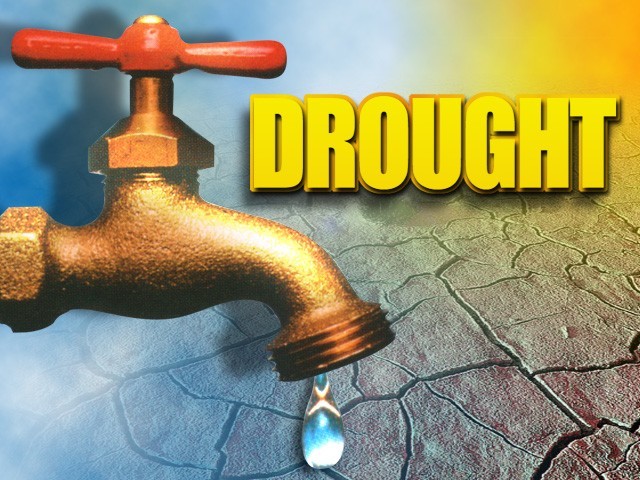It's like a conservation penalty - cut back, then pay more. But utility operators say they have little choice.
"Life is pretty easy to run a utility when your use keeps going up," said Kelly Randall, director of the water utility in Gainesville, a north Georgia city near dwindling Lake Lanier, which supplies the Atlanta area.
Randall says he's not trying to knock conservation, but the numbers speak for themselves: The system's debt is set to rise 12.5 percent, revenue is down 7.2 percent. He has to raise rates or cut costs.
"I'm really kind of holding on by my fingernails right now," he said.
In Glen Ridge, a small South Florida town of 275, water customers are facing a 15-percent surcharge.
"We've been asked to conserve, we've been asked to cut back, and we've done that - and now we're getting charged more," Mayor Alice McLane said. "It just doesn't make sense. We do what we're asked to do and we're penalized."
Atlanta's utility, struggling to pay for a $4 billion update of its sewer and water infrastructure, heard from angry homeowners this week protesting a plan to raise customer rates by 27.5 percent this year and about 12.5 percent each of the next three years.
Charlotte-Mecklenburg utilities boosted rates by about 15 percent this month - about $6 for an average customer. Suburban Atlanta's Gwinnett County warns it could raise rates if revenue - down 3 percent - keeps dropping.
"It penalizes the guy who says, 'Gee I did all these measures to save water and now I'm going to pay the same rate anyways,'" said Brenda Hemphill, a Georgia car wash owner. "It sends a real mixed message."
The utilities say they're trying to cut expenses and forgo costly projects. Gainesville leaders have delayed projects, but are still considering a 7 percent rate increase.
"Unfortunately, we still have to operate like a business," said Tina Wetherford, who manages Gainesville's finances.
Drought-inspired rate hikes and surcharges are somewhat common in parched communities in the West, but it's a new concern for many utilities in the Southeast used to an abundant water supply. Georgia usually gets about 50 inches of rain a year, compared to about 13 in Arizona.
The last two years, though, brought what Randall calls "the perfect drought." Rainfall deficits, higher demand and a three-state fight over federal water resources combined to plunge Georgia into its worst drought in recorded history.
Help - of sorts - is on the way. At a water efficiency conference in College Park, officials invited utility heads to submit proposals for some $40 million in state funding for more reservoirs. But the process could likely take decades.
In the meantime, businesses and residents are more wary about water use.
Hemphill, the car wash owner, said she quickly banded together with colleagues to create conservation standards as the drought grew worse and complaints about car washes grew louder.
"The drought put a huge arrow on our industry," she said.
Landscapers, nursery owners and other so-called "green industries" are now pitching themselves as environmentally friendly businesses that can help residents capture water and recharge reservoirs.
But some fear the drought's hard-earned lessons could still be forgotten.
"Money is the show stopper," said Wayne King, the former chairman of the Georgia Green Industry Association. "Until we can come up with funding for conservation, it's just not going to happen. Until we can get the education component moving, it's going to take some time."
---
On the Net:
http://www.drought.gov

http://accesswdun.com/article/2008/5/210305
